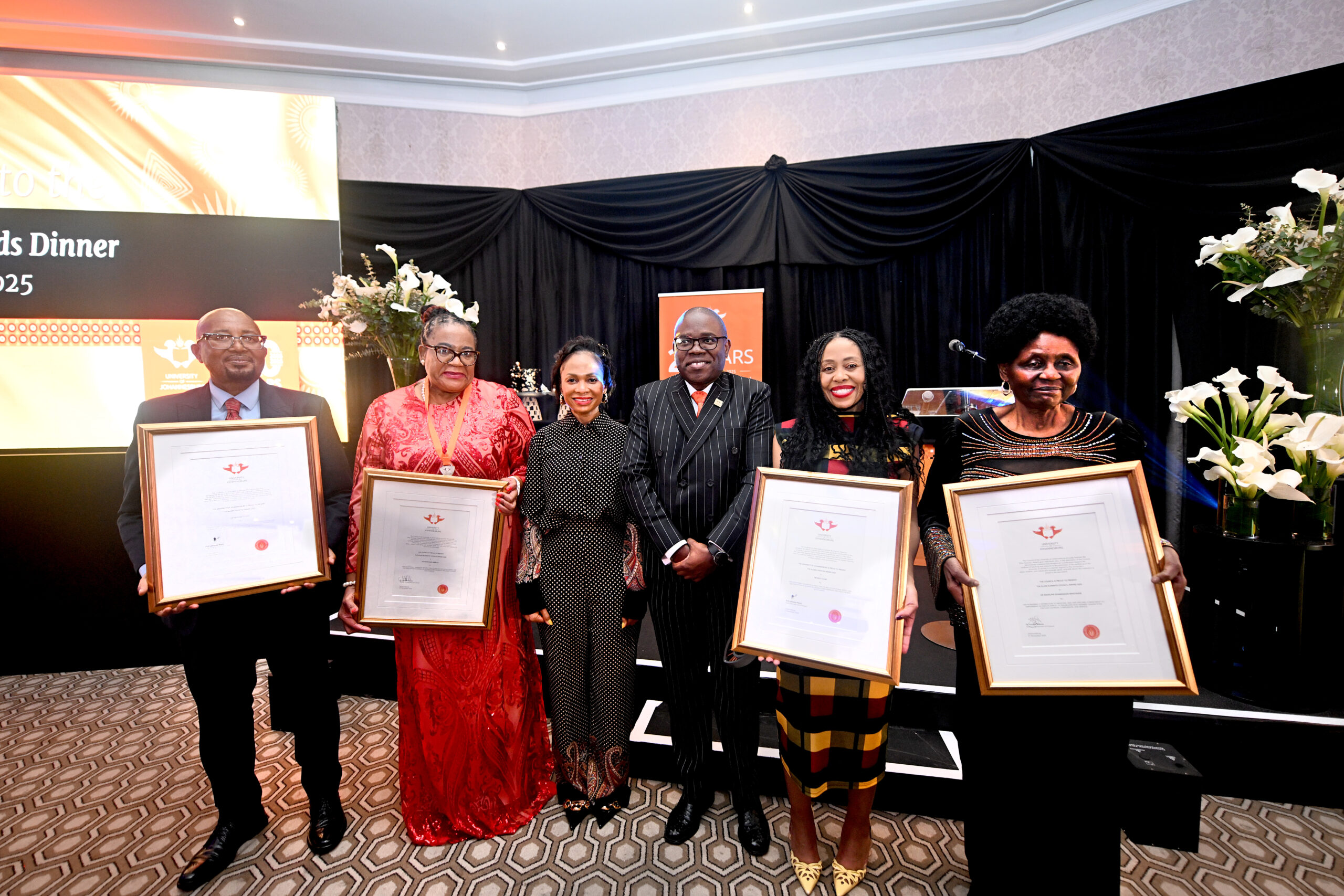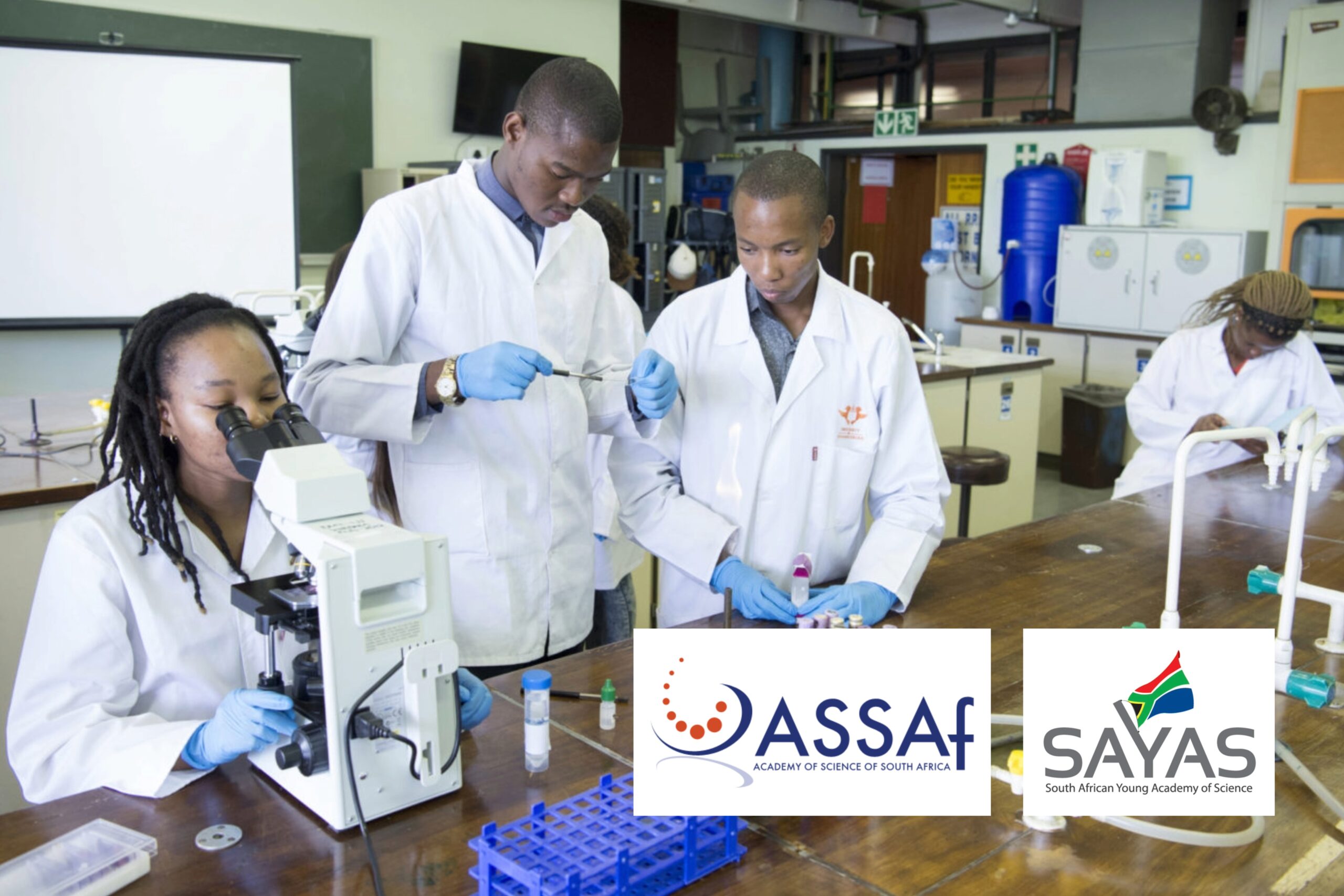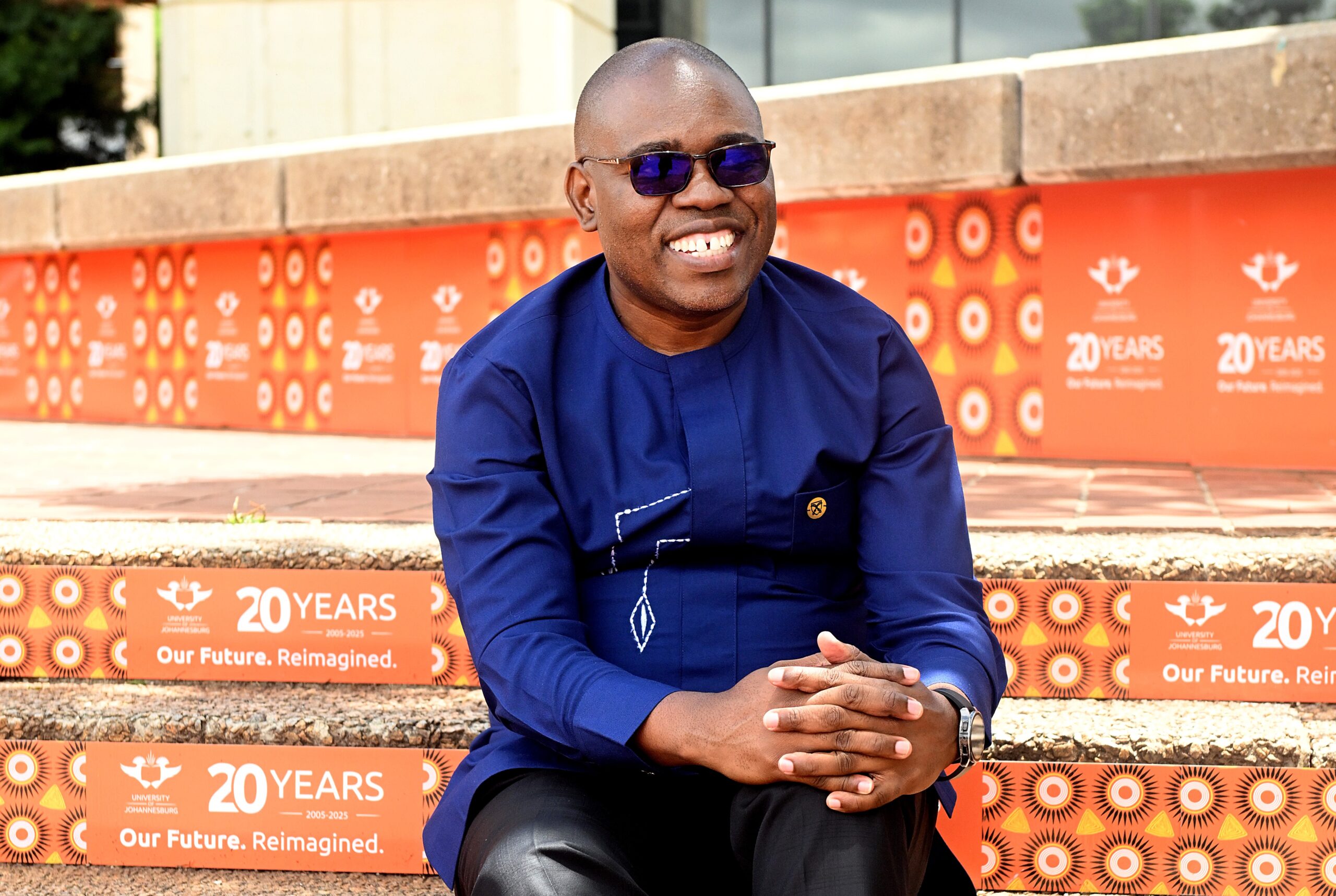t the height of #FeesMustFall, disgruntled students challenged leaders of the University of Johannesburg on what it is that universities are doing to decolonise knowledge. When they started discussing it, it became obvious that there was no consensus on what students meant by that, said Prof Saurabh Sinha on Wednesday 10 May 2017 at the Bunting Road Campus of the University of Johannesburg (UJ).
He was the keynote speaker at a public lecture organised by engineering professional bodies, INCOSE and SAIEE.
Within the same group of students, different expectations emerged. Differences in their backgrounds had something to do with this. For example, a person who grew up with a single mother may have different expectations from someone with both parents in their life, though they lived in the same context, he said.
Prof Sinha is the Executive Dean of the UJ Faculty of Engineering and the Built Environment, as well as IEEE Educational Activities Board Member (as former Vice-President of IEEE: Educational Activities) and co-founder of the IEEE Engineering Projects in Community Service (EPICS-in-IEEE) programme.
“In November 2015 while protest actions were taking place, I had the opportunity to speak with one of our students at UJ. I said ‘why do you propose #feesmustfall for all?’ I know of some individuals who would be able to fund their children’s university education,” said Sinha.
The student explained that he has to convince people that he is worthy of higher education and that he needs sponsorship. He said that applying for a student loan requires that you disclose the extent of your poverty, which takes one’s dignity away.
“It becomes clear that the access to higher education is really restricted in South Africa, particularly for some with high potential. As an example, UJ received over 120 000 applications for first-year admissions for 2017.
“In some cases, parents contacted us and said ‘my son got two distinctions’ and they are from areas with few resources. If they had been from an urban setting, the son would possibly have achieved far more at school, applied on time, and then been admitted because of that,” explained Prof Sinha.
The income and fees reality is that in South Africa, as of 2016, the top 1% of earners hold 19% of the income in the country, according to the World Wealth and Income Database as reported by Businesstech.co.za, which also reported that the top 10% of earners hold 65% of the total wealth, he said.
However, though popular demand asks for it, a large enough national budget to provide services such as universal university education for all, is not available. So the enormous challenge is to provide services to these people at reasonable cost, he said, which makes innovation critical.
And yet there is a very successful example of providing essential services to poor and isolated people. In this case, there were no affordable centralized services available to many.
By decentralising the delivery of required infrastructure, mobile phone services succeeded in reaching even remote locations on our continent. Mobile telephony spread incredibly quickly across the globe, including Africa, using a hybrid of existing technologies and roll-out mechanisms.
This success points to a potential overlap between decentralisation, sustainable development and decolonization of knowledge, said Prof Sinha. Similarly, it has been shown in water and electricity provision, that engineering innovation to produce low-tech solutions can offer high-impact solutions. In this approach, centralisation is not replaced. Rather, the idea is to develop complementary and hybrid technological solutions for sustainable development to the poorest in our nation.
“In this way, we can, at reasonable cost, reach those who are most underserved in South Africa and other parts of the continent,” he said.
“The challenge to provide universal higher education can become overwhelming. But this is where one needs to be the change, instead of waiting. We can’t wait for government to develop a policy or a framework. We can’t wait for industry.’’
“Instead, our thinking is to act, delivering new initiatives through sustainable partnerships. An example of this is to gradually infuse final year and postgraduate projects with community service components. In this way, research and development can be embedded in society through engineering students implementing projects with communities to meet their needs,” he said. ‘’The multidisciplinary approach then brings about the development of knowledge from communities and thus also contributes to contextualised knowledge production inclusive of socio-economic, techno-economic and cultural context,” said Sinha.
Further examples include the global EPICS-in-IEEE initiative, cofounded by Prof Sinha and Prof Kapil Dandekar from Drexel University, PA, USA, which works with several South African universities. A UJ EPICS project, provided solar light in the Kathrada Park informal settlement in Johannesburg. A UJ Engineering Community Engagement project run by lecturers and students brought solar electricity and pumped water to the deep rural Gwakwani community in Limpopo.
In addition, UJ is exploring models for a full range of online courses for undergraduate and postgraduate studies, to further develop accessibility to higher education.
Concluded Prof Sinha: “These are tough economic times requiring us to be innovative. We must seek to be locally relevant and internationally competitive. The decolonisation of knowledge expands our approach to be locally relevant yet internationally competitive.”
Event organisers.
The event was organized by the UJ Faculty of Engineering and the Built Environment, the South African Institute of Electrical Engineers (SAIEE’s) Central Gauteng Centre and International Council on Systems Engineering South Africa Chapter (INCOSE SA), who was the main sponsor.
Representatives of UJ, IEEE and INCOSE
In the group photo, the following people appear, from left to right:
Mr Bongani Mabuza, Programmes Officer, INCOSE SA.
Mr Pascal Motsoasele, Chairman: Power and Energy Section and Council Member, SAIEE.
Ms Tshego Cornelius, Chairperson of the Central Gauteng Centre and Council Member, SAIEE.
Prof Saurabh Sinha, Executive Dean of the Faculty of Engineering and the Built Environment, UJ; Educational Activities Board Member, IEEE; EPICS-in-IEEE Signature Working Group, IEEE.
Mr Kgomotso Setlhapelo, Central Gauteng Centre Committee Member and Deputy Chairman of the Electronic and Software Section, SAIEE.
Prof Pat Naidoo, UJ and City of Johannesburg Research and Innovation Chair: Green Economy, and past President of the SAIEE.
Mr René Oosthuizen, Immediate Past-President, INCOSE SA.
Mr Maanda Ramutumbu, Gauteng Central Centre Chairman, SAIEE.



